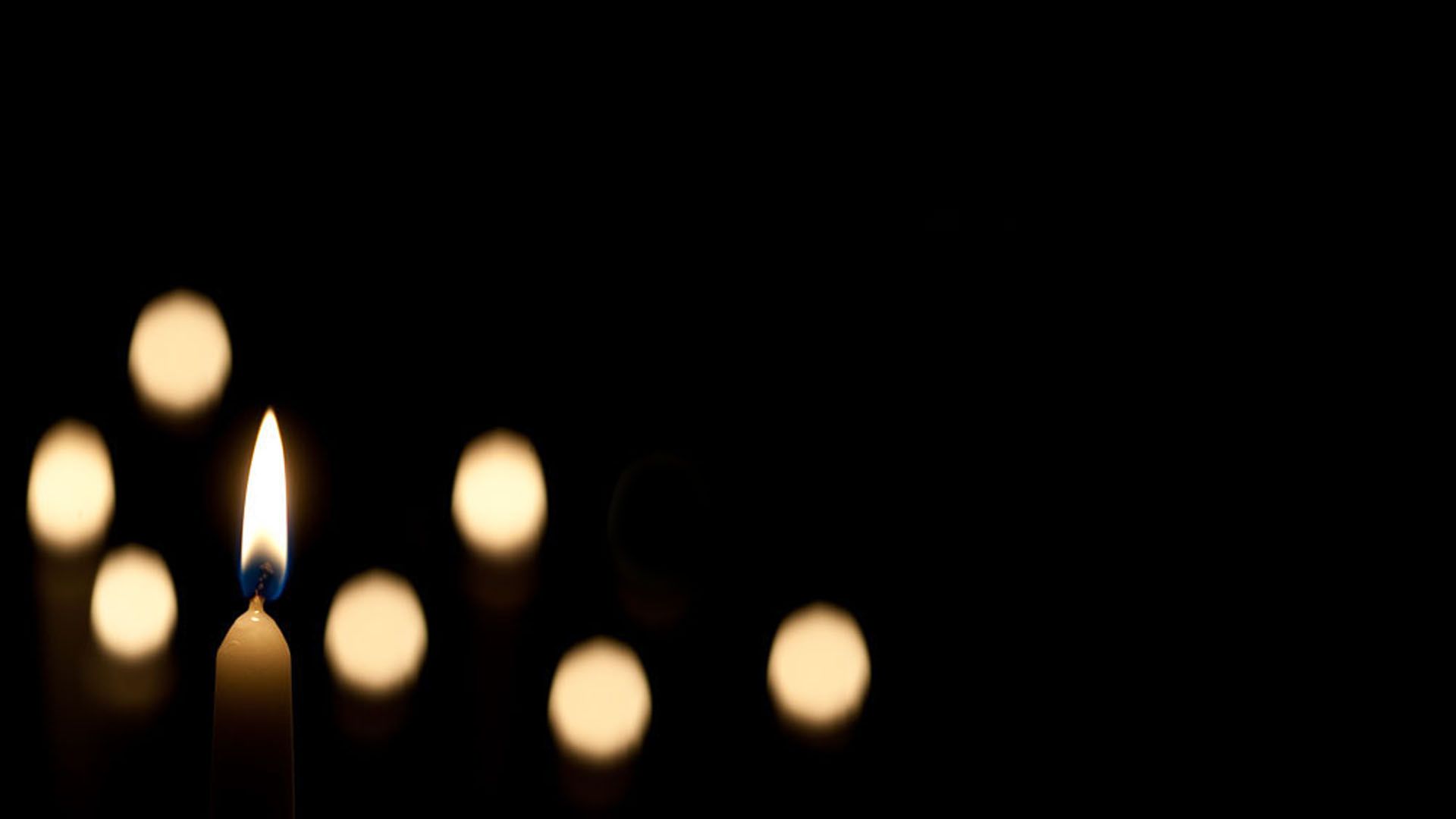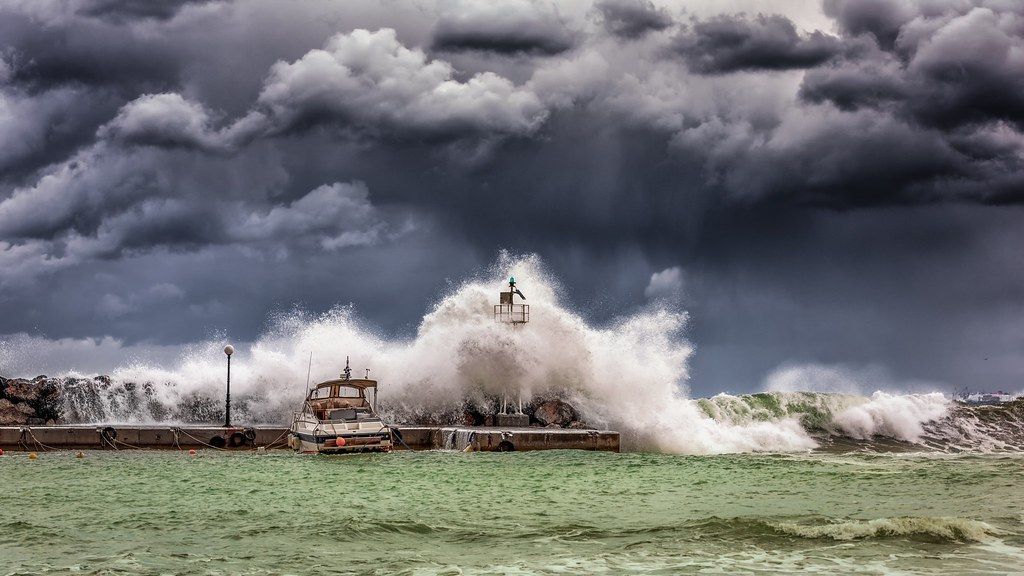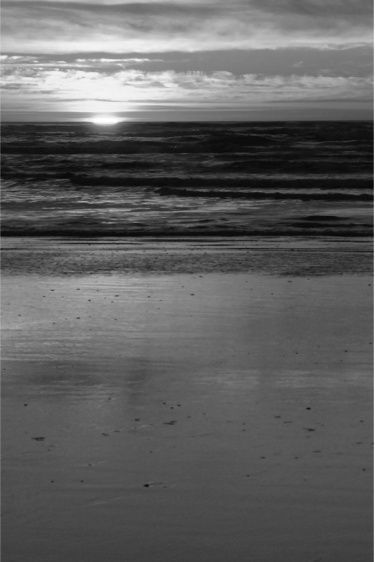Gal. 3: 23-29
1 Kings 19: 1-16
“When Elijah heard it, he wrapped his face in his mantle and went out and stood at the entrance of the cave.”
Prayer: May our faith be moved, O God, as we listen for your voice in the sound of silence. Amen.
Rarely is it a bad thing to dig around some history when we recognize as day such as Juneteenth. Last year at this time, President Biden signed the Juneteenth National Independence Day Act into law. The day is now a federal holiday commemorating June 19th, 1865 as the day when the last enslaved African American people in Galveston, Texas were told that they were free by order of the “Emancipation Proclamation.”
Amazing though… the Emancipation Proclamation was signed by President Lincoln on September 22, 1862 and became effective on January 1, 1863. So if you do the math… from the January 1, 1863 to June 19, 1865 is 2.5 years! And if you start from the day of signing, that was almost three years! Three years before the word “freedom” was enacted and made known for those black Americans. Three years they continued in slavery! Three years! Too bad they didn’t have social media or the Internet! That would have been instantaneous freedom! But as it was, the word finally was put into practice for those last remaining slaves in Texas.
Interesting though, the Proclamation wasn’t for every slave throughout the US. It was only for those slaves in the Confederate states. It would take the 13th Amendment to apply freedom for every slave in the US finally ratified in December of 1865.
I read that President Lincoln believed so strongly in the slaves’ freedom that if there was only one thing he wanted to be remembered for in his Presidency, it was that he issued the Emancipation Proclamation. He was zealous for it to become law. He was energized by the idea that not only would slaves be free, but such freedom, Lincoln believed, was absolutely necessary to keep the United States of America, well, united. He wanted to preserve the union.
And even though there was enormous resistance from the southern states, including a plot to kill him, Lincoln knew that abolishing slavery in the Confederate states was the only way to keep the union in tact. So, little bit of history.
So, I see some parallels to the Elijah story. Elijah was energized for God. He was zealous for the Lord believing in God’s power over any of the prophets of god Baal. And when Elijah calls on God to consume the burnt offering, God complies. Elijah then kills all of Baal’s prophets! But that makes King Ahab and Queen Jezebel super mad. They were ardent followers of Baal. Jezebel in particular wants Elijah dead and threatens his life.
So, the once zealous prophet, Elijah, the once energized voice box for the Lord, now is in fear for his life. He feels all alone. And he knows that in all likelihood, the power of the state, with its army and resources, led by the evil Ahab and Jezebel, eventually will catch up to him and kill him. So, he asks God to get it over with quickly. “Kill me now.”
It’s easy to do, isn’t it? To get caught up in what just happened, to let the past paralyze you? There seems to be no indication that that was what happened to President Lincoln, but it sure seems like it happened to Elijah. Even though he was God’s prophet, fear froze him. He couldn’t see the way ahead. He’s like whining about his predicament. So, he lay down to sleep, literally to die.
God had different ideas. But God always sees the bigger picture. The whole picture. The fear Elijah has and the ‘poor me’ attitude are not the most pressing things from God’s viewpoint. The inability for Elijah to see the way ahead doesn’t mean that God is done with him. Not by any stretch.
So, God has to refocus him. Not through big, dramatic, mountain-top experiences, not through powerful winds, or earthquakes, or devastating fire… No, God has to refocus Elijah (and us) through silence. Through the undramatic. Through the basic moments of time alone with God.
God wants our utmost trust and faith in what God is doing in our lives, even when we feel overwhelmed or paralyzed. When the obstacles are too much. You felt that way lately?
Some bemoan that racism is engrained in our human nature, that there is no way we can ever eliminate it, and that there will always be violence and criminal activity because of it. It’s almost too much.
I hear complaining that the NRA is too big, and too many politicians are in bed with the NRA for smart, new gun laws to come into being. It’s overwhelming.
Some gripe that the state legislatures and Supreme Court Justices are too ideologically stacked against the LGBTQ+ community, so much so that it’s almost impossible to have fair, just laws on the books. It feels so defeating at times.
Some whine that the stock market is losing big, and inflation is gaining big, and a recession seems to be imminent, and there isn’t much any one person or agency can do to stop any of that. And we throw up our hands.
Some grumble that we don’t have enough money to support what our church’s ministries need and that we are always running on a deficit budget, and that we should be a self-sustaining church, giving to all those in need.
And, make no mistake. I’m not saying that we shouldn’t be whining and complaining and demanding change and justice and fairness and faithfulness in any of these and any other overwhelming situations we face. We should be speaking up. And, I get it that I’m speaking as a privileged person living in privileged times.
I’m just preaching that I believe we first have to come unto God. I believe God wants our utmost trust and faith in what God is doing in our lives, in any and all our circumstances. When we feel overwhelmed. When life is difficult. When I’ve run out of my own abilities, my own devices, when words fail me. When memory is fleeting. God simply says, “Come. Come into the silence. Come. Refocus on me,” says God. In the easy and privileged circumstances… “Come,” says God.
It’s easier to come unto God when we face difficult circumstances, isn't it? We need God. It’s more difficult to come unto God when things are good because we believe we ’re doing ok. But, difficult or easy. It doesn’t matter. God wants us to come unto God for everything. When we place our trust and faith in God for everything, when our faith refocuses us on God, then we start to understand that God is at work in all our circumstances.
And we can whine and complain in God’s presence about our current situations. Our frustrations. Our complete bafflement about what we may perceive as God’s silence. All of which is OK. Because God wants all of us—our full self.
But don’t be surprised if God says, “I hear you. But, I have more at stake then what you perceive. Get up. Eat. You will need my strength for I what I will do through you for others. The time is now, not so much to react to what has happened, but to be proactive as to what new thing I am doing.”
So, I think the message to Elijah and to us is, “You’re not alone. There is more work to be done. And I want you at my beckon call to help get it done. You’re going through tough stuff right now? I know it. Speak your complaint. But trust me. Refocus on me. Obey my ways. For I am with you. There is more for me to do through you for others.”
So, for Elijah...with his faith refocused on God, the proactive new thing God was doing through Elijah was to anoint new kings in his political world, new leaders. And on the spiritual front, Elijah was to anoint his successor Elisha in his place.
When your faith in God refocuses you, ask yourself, what new thing is God proactively doing through you? Breaking down walls? Building spiritual bridges? Understanding that refocusing on God makes us clothed with Christ? That in Christ there is no longer Jew or Greek, slave or free, male or female, black or white, or red or yellow, or lesbian, gay, straight, bi, trans, queer, rich or poor? That all of us are one in Christ? When faith refocuses you God does things through you for others.
One quick story… then I’ll stop. My friend and colleague, Professor of New Testament, Rev. Dr. Greg Carey tells the story of one of his “faith heroes” Clarence Jordan, founder of the Koinonia Farm, an intentional farming community in Georgia from which Habitat for Humanity emerged. Clarence founded the farm in the 40’s amid complaints that he encouraged white and black people to share covered dish dinners together. His white colleagues shared the table with black employees. The complaints grew into ire, then ire turned into violence, and the Koinonia roadside stand that sold farm produce was burned down one night. Not deterred, Clarence built another one that was soon blown up by dynamite. o, they gave up the roadside stand, and started selling pecans through the mail, with Jordan’s advertising slogan, “Help Us Ship the Nuts Out of Georgia!”
But Clarence Jordan was a faithful Christian, and when the KKK found out that he was eating with his black employees, a Klan representative confronted him, warning him that they would not let the sun set on a white man who shared table with black people. Clarence paused (I think that was a listening to God in the sheer silence moment). He breathed deeply, offered a broad smile, and began shaking the man’s hand. He said with a lilt in his voice, “I’m a Baptist preacher, and I just graduated from Southern Baptist Seminary. I’ve heard about people who had power over the sun, but I never hoped to meet one.”
After a long pause, the man replied, “I’m a son of a—-I’m a son of a Baptist preacher myself.” As the story goes, “they talked and laughed, and the old sun went right on down.” If only it always worked out like that (Carey, Greg, Sinners: Jesus and His Earliest Followers, Baylor University Press, Waco Texas, 2009, pgs. 183-4).
So, let’s refocus, and with faith, come unto God, and listen for God’s voice in the sound of sheer silence, and discover what new, proactive thing God will do through you for others. What new proactive thing God is doing through the recognition and celebrations of Juneteenth. What new proactive thing God is doing through us at Christ Church. All this likely echoes in the sounds of silence. Amen.









